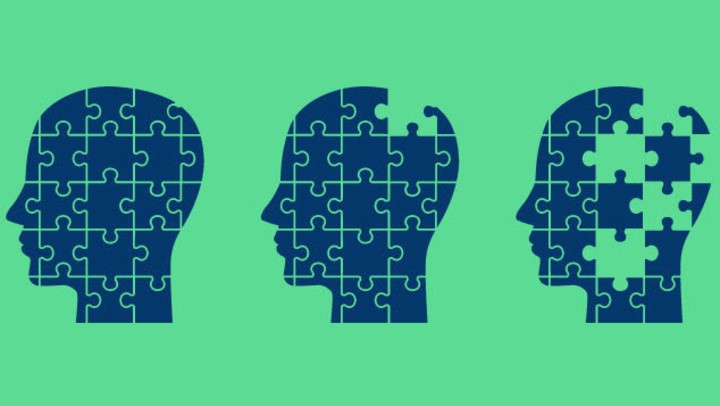It can seem very daunting getting a diagnosis of dementia for you or your loved one. It can be a time of disbelief or great sadness, and due to the emotional impact at the moment of getting diagnosed, there may be many questions you have or perhaps, questions you didn’t even think to ask. In the next few parts, we are going to break down what Dementia really is, the symptoms for the different types, diagnoses, and treatments, as well as help and support you can check out.
Dementia is not a singular disease but is an overall general term for a variety of diseases that cause loss of memory, language, problem-solving skills, and other thinking abilities. These can be small losses or can be incredibly impactful on the daily way of life. There are over 400 types of diseases that are kept under umbrella the term “Dementia” and many of them have symptoms that overlap.
Dementia is caused by damage to brain cells. The damage can interfere with the ability for brain cells to communicate with each other. Different types of Dementia are associated with particular types of brain cell damage in specific parts of the brain. For example, with Alzheimer’s disease, damage tends to be firstly in the Hippocampus region of the brain. This region is the center for learning and memory, which is why memory loss is the most common symptom of Alzheimer’s.
Symptoms of Dementia are progressive, starting out slowly and then gradually progressing and getting worse over time. Common symptoms include short term memory loss, keeping track of medications or bills, planning, and preparing meals, travelling alone, etc. Symptoms can vary based on the type of dementia and some types have symptoms that are similar. This can cause a medical professional to just diagnose “Dementia” and may require you or your loved one to seek out further testing from a Neurologist, psychiatrist, or other specialty professionals.
If you notice that you or a loved one are struggling with things that used to happen with no problem, please do not ignore it. It is important to seek a doctor’s opinion as soon as you start to notice changes. Despite there not being a cure, an early diagnosis can still afford many things to a person, including maximum benefits from available treatments, ability to participate for clinical trials, or simply having the knowledge of time to spend with loved ones and family.
If you or your loved one has been diagnosed with Dementia, it is important to understand that there are so many resources you can utilize and that you do not have to fight alone. The Alzheimer’s Association has a 24/7 helpline that you can reach at any time at (800)-272-3900 and many local communities have public support groups. Iris Senior Living has a support group for anyone struggling every month at one of our local properties. For more information, please reach out and connect with us!


